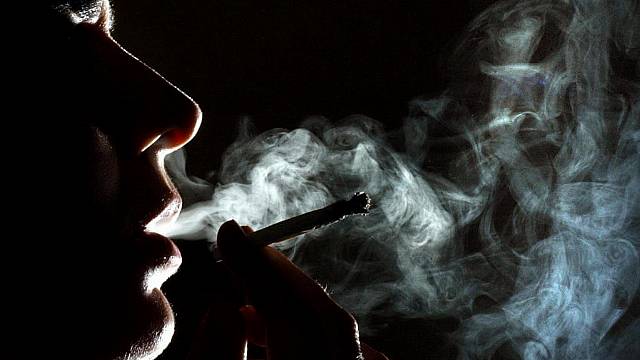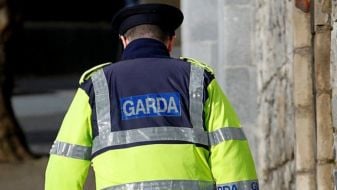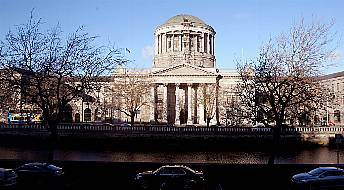Taoiseach Simon Harris has urged caution over any move to decriminalise drugs, warning of mixed messages over public health.
Mr Harris was responding to a pledge in the Fianna Fáil general election manifesto to decriminalise the possession of drugs for personal use.
But Mr Harris, the Fine Gael leader, said no detail had been given around the Fianna Fáil plan and added he would be opposed to it.
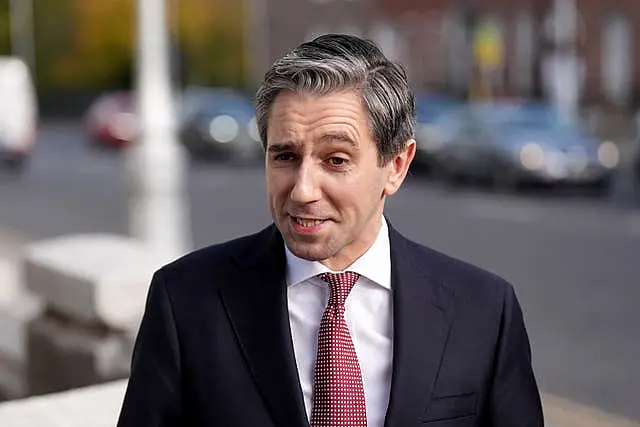
He said: “I do think when it comes to drugs and decriminalisation, I think we need to be very careful on these things.”
The Taoiseach said he was interested to know the view of the Irish College of General Practitioners about the Fianna Fáil pledge.
He added: “We are hearing it is only certain drugs, but what do they mean by only certain drugs? Is it a certain amount of the drug you can smoke or take under this plan? We haven’t really heard much detail.
“This is a sensitive issue, an important issue, we always have to take a health-led approach to addiction.
“But at the same time when government is pursuing a number of initiatives from a public health point of view around smoking and around vapes, it sounds counterintuitive to me that there would be mixed messages sent in relation to cannabis.
“I do think there are real health dangers in relation to cannabis.
“There is a big difference between addiction and a more casual taking of drugs as well.”
Mr Harris added: “Does Irish society really want to move to a point where we are decriminalising drug taking? I’m not sure and I certainly don’t.
“I do think we need to tease these things through.
“I would imagine in the days ahead, if politicians are in the mode of listening, and we should be in a campaign, I think we should listen to the views of doctors, I think we should listen to the gardaí and I think we should take their views on this issue too.”

Fianna Fáil leader Micheal Martin launched his party’s election manifesto on Monday.
Among its promises was the decriminalisation of drug possession for personal use.
The party said it will introduce legislation to require those found in possession of illegal drugs for personal use to attend educational or treatment programmes.
Mr Martin said the decriminalisation of possession of drugs is an important step.
“I think it reflects the understanding that the most effective way of dealing with drugs is a health-based model, as opposed to a criminal justice-based model,” he said.
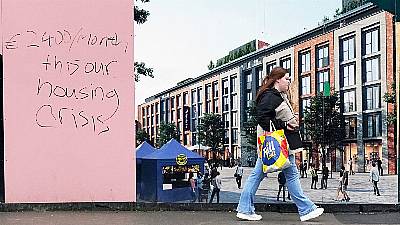
“That requires resources in personnel and in people, around addiction, around various therapies and so forth.
“We did this in previous times, particularly during the heroin epidemic of previous eras. We can do it again. We must do it in a more consistent, sustained way, perhaps, than was the case in the past.”
Mr Martin did not confirm the value of drugs that this would apply to.
